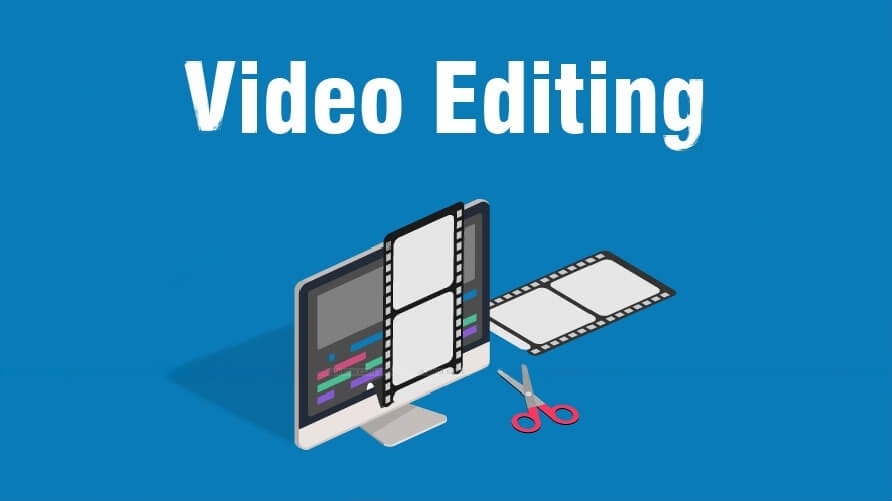
Video Editing
A Video Editing course is designed to equip individuals with the skills and knowledge necessary to edit and enhance video content for various purposes, including filmmaking, marketing, entertainment, and online platforms. In today's digital age, where video content is pervasive, learning video editing is a valuable skill for creative professionals, content creators, and enthusiasts alike.
- Introduction to Video Editing Software
- Basic Editing Techniques
- Transitions and Effects
- Audio Editing
- Color Correction and Grading
- Duration: 6 months
- Advanced Editing Techniques
- Project Organization and Workflow
- Output and Exporting
- Industry Trends and Software Updates
- Fees: 6000/- (Full Course)
Key components covered in a typical Video Editing course include :
- Introduction to Video Editing Software
Participants are introduced to popular video editing software such as Adobe Premiere Pro, Final Cut Pro, or DaVinci Resolve. They learn the basics of the user interface, tools, and functionalities of the chosen software.
- Basic Editing Techniques
The course covers fundamental video editing techniques, including importing and organizing footage, cutting and trimming clips, and arranging sequences. Participants gain proficiency in the essential skills needed to create a coherent and visually appealing video.
- Transitions and Effects
Participants learn to use transitions and apply visual effects to enhance the overall look and feel of the video. This includes understanding how to create smooth transitions between clips, add text overlays, and incorporate visual effects to achieve specific creative goals.
- Audio Editing
Video editing is not just about visuals; it also involves working with audio elements. The course teaches participants how to edit and manipulate audio tracks, including adjusting volume levels, adding background music, and incorporating sound effects.
- Color Correction and Grading
Understanding color correction and grading is crucial for achieving a professional look in videos. Participants learn to balance colors, correct exposure issues, and apply creative color grading techniques to enhance the visual aesthetics of their projects
- Advanced Editing Techniques:
Depending on the course level, participants may delve into more advanced editing techniques, such as multicamera editing, motion graphics, and compositing. These skills are valuable for creating more complex and polished video projects.
- Project Organization and Workflow
Efficient project organization is essential for a smooth video editing process. The course covers best practices for file management, project organization, and establishing a streamlined workflow to optimize efficiency and collaboration.
- Output and Exporting
Participants learn the process of exporting their edited videos in various formats suitable for different platforms. This includes understanding compression settings, resolution options, and other parameters to ensure the final output meets the intended requirements
- Industry Trends and Software Updates
Given the dynamic nature of the field, a good video editing course may touch upon industry trends, emerging technologies, and updates to video editing software to keep participants informed about the latest developments.
Completion of a Video Editing course empowers individuals to work as video editors, content creators, or multimedia professionals in various industries. Whether for personal projects or professional endeavors, the skills acquired in a video editing course provide a foundation for expressing creativity and storytelling through the medium of video.

